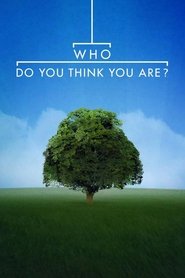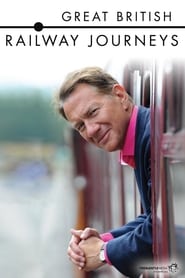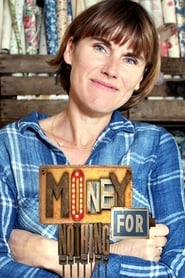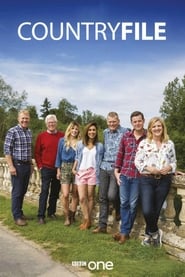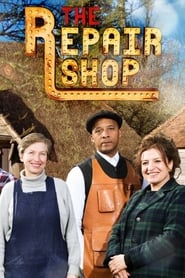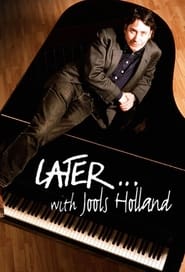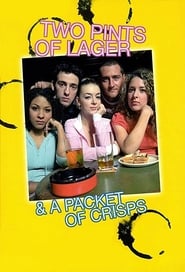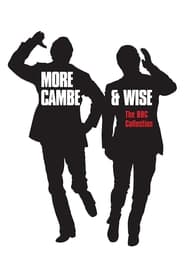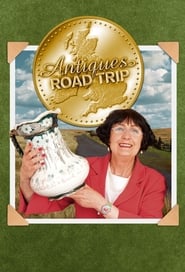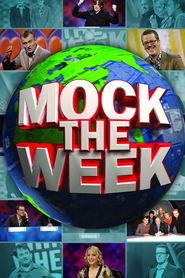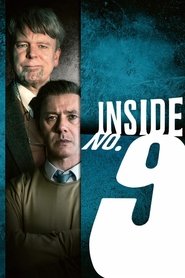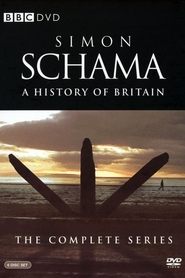Bbc Two TV Series - Page 2
-
Top Gear
2002
star 7.5This fast-paced and stunt-filled motor show tests whether cars, both mundane and extraordinary, live up to their manufacturers' claims. The long-running show travels to locations around the world, performing extreme stunts and challenges to see what the featured cars are capable of doing. The current hosts are Paddy Mcguinness, Chris Harris and Andrew "Freddie" Flintoff. -
The Last Kingdom
2015
star 8.3A show of heroic deeds and epic battles with a thematic depth that embraces politics, religion, warfare, courage, love, loyalty and our universal search for identity. Combining real historical figures and events with fictional characters, it is the story of how a people combined their strength under one of the most iconic kings of history in order to reclaim their land for themselves and build a place they call home. -
Pointless
2009
star 6.6Quiz in which contestants try to score as few points as possible by plumbing the depths of their general knowledge to come up with the answers no-one else can think of. -
Who Do You Think You Are?
2004
star 6.7A British genealogy documentary series in which celebrities trace their ancestry, discovering secrets and surprises from their past. -
Great British Menu
2006
star 6.4Britain's top chefs compete for the chance to cook a four-course banquet for a high-profile figure. -
Great British Railway Journeys
2010
star 7.3Michael Portillo takes to the tracks with a copy of George Bradshaw's Victorian Railway Guidebook. Portillo travels the length and breadth of the country to see how the railways changed us, and what of Bradshaw's Britain remains. -
Money for Nothing
2015
star 3.4Entrepreneur Sarah Moore saves things from being dumped and transforms them into valuable pieces, making money for people who had no idea there was cash to be made from their trash. -
Celebrity Antiques Road Trip
2011
star 5Antiques experts accompany celebrities on a road trip around the UK searching for treasures and competing to make the most money at auction -
Impossible
2017
star 5.5Quiz show in which the 30 contestants competing across the series must avoid giving impossible answers to give themselves a chance of winning £10,000. -
The Repair Shop
2017
star 6.7The Repair Shop is a workshop of dreams, where broken or damaged cherished family heirlooms are brought back to life. Furniture restorers, horologists, metal workers, ceramicists, upholsterers and all manner of skilled craftsmen and women have been brought together to work in one extraordinary space, restoring much-loved possessions to their former glory. -
Later... with Jools Holland
1992
star 5.3Later... with Jools Holland is a contemporary British music television show hosted by Jools Holland. -
Two Pints of Lager and a Packet of Crisps
2001
star 6.8Sitcom about the lives and loves of five twenty-somethings in Runcorn. -
The Apprentice: You're Fired!
2006
star 5The Apprentice: You're Fired!, sometimes named You're Fired!, The Apprentice: You're Hired! or You're Hired!, is a British television show made by the BBC and filmed at Riverside Studios as a spin-off from the reality TV hit The Apprentice. It was hosted by Adrian Chiles from 2006 to 2009, and Dara Ó Briain took over as host in 2010 after Chiles' move to ITV. The programme airs in a 30 minute slot after each episode of The Apprentice finishes. It was originally shown on BBC Three, but moved to BBC Two in 2007. Its format is similar to that of Big Brother's Little Brother and Strictly Come Dancing: It Takes Two. The final episode of each series is renamed "The Apprentice: You're Hired!" and involves interviews with the winner, the runner-up and Lord Sugar himself, and a reunion with all of the former candidates. -
Morecambe & Wise
1961
star 6.5The Morecambe & Wise Show is the third TV series by English comedy double-act Morecambe and Wise. It began airing in 1968 on BBC2, specifically because it was then the only channel broadcasting in colour, following the duo's move to the BBC from ATV, where they had made Two of a Kind since 1961. The series was popular enough to be moved to BBC1, with its Christmas specials garnering prime-time audiences in excess of 20 million, some of the largest in British television history. After their 1977 Christmas special, retaining its title, the show moved over to ITV. -
Antiques Road Trip
2010
star 5Antiques experts travel across the country, competing to make a profit at auction. -
Mock the Week
2005
star 7Mock the Week is a British topical celebrity panel game hosted by Dara Ó Briain. The game is influenced by improvised topical stand-up comedy, with several rounds requiring players to deliver answers on unexpected subjects on the spur of the moment. -
Inside No. 9
2014
star 8An anthology of darkly comic twisted tales, each one taking place behind a door marked 'number 9'. -
Daily Politics
2003
star 8.5Daily Politics is a British television show launched by the BBC in 2003 and presented by Andrew Neil and Jo Coburn. The programme takes an in-depth look at the daily goings on in Westminster and other areas across Britain and the world, and includes interviews with leading politicians and political commentators. -
A History of Britain
2000
star 8.2Stretching from the Stone Age to the year 2000, Simon Schama's Complete History of Britain does not pretend to be a definitive chronicle of the turbulent events which buffeted and shaped the British Isles. What Schama does do, however, is tell the story in vivid and gripping narrative terms, free of the fustiness of traditional academe, personalising key historical events by examining the major characters at the centre of them. Not all historians would approve of the history depicted here as shaped principally by the actions of great men and women rather than by more abstract developments, but Schama's way of telling it is a good deal more enthralling as a result. Schama successfully gives lie to the idea that the history of Britain has been moderate and temperate, passing down the generations as stately as a galleon, taking on board sensible ideas but steering clear of sillier, revolutionary ones. Nonsense. Schama retells British history the way it was--as bloody, convulsive, precarious, hot-blooded and several



